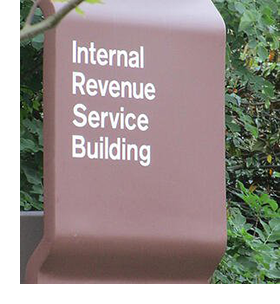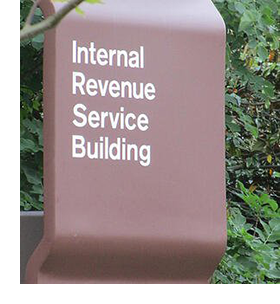In a blow to several high-tax states, a federal judge has upheld a key provision of the Tax Cuts and Jobs Act (TCJA), the State and Local Tax (SALT) deduction cap.
Under the TCJA, congress placed a cap on the amount taxpayers could claim on their Schedule A for state and local taxes. In the past, there was no limit on the amount of SALT a taxpayer could claim, but under the new tax law, deductions on state and local income, sales and property taxes are limited to $5,000 ($10,000 for married, filing jointly).
Four states - Connecticut, Maryland, New Jersey and New York, filed a suit in federal court in an attempt to overturn the SALT deduction cap provision of the TCJA. The states sought injunctive and declaratory relief from the cap on the basis that it violated states’ rights as it relates to taxation. They argued that the law was unfair and coercively attempted to get these states to change their tax policies.
For its part, the federal court found that the cap does not violate the constitution, simply because it attempts to affect state policy.
So, What’s Next?
The federal judge that heard the case said that while the court does not have a case, he stated that individual taxpayers might have a case to have the law overturned. In addition to the possibility of a case being brought by individuals, there is still a case pending where three states that enacted SALT cap workarounds are suing to uphold the legality of the workarounds created in the states’ law. The laws attempted to mitigate the impact of SALT cap limitations.
While these matters play out in the court, the SALT cap limitations remain in force and continue to affect taxpayers in high-tax states such as New York and New Jersey.
Do you have questions about SALT deductions or other tax matters? Contact Zinner’s tax experts.





